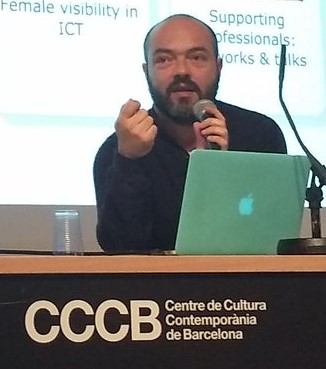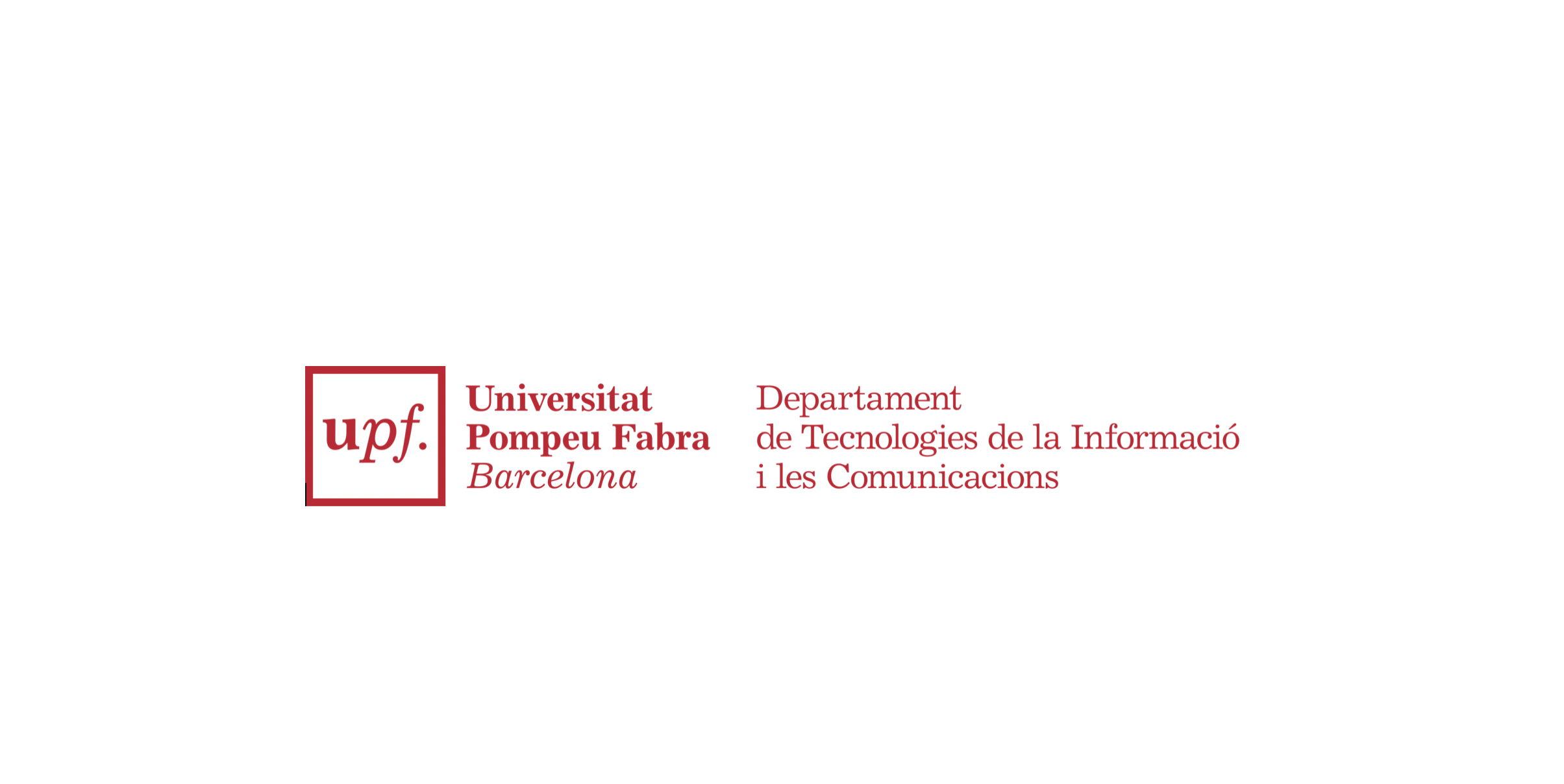The María de Maeztu strategic research program on data-driven knowledge extraction at the Department of Information and Communication Technologies at Universitat Pompeu Fabra (DTIC-UPF) represents an example of the effort at the scale of a university department to design and implement a strategy that promotes a cultural change around the increasingly complex nature of the challenges faced by the expanding ecosystem created around data-driven research.
While high-impact publications remain a key indicator of scientific quality, they are no longer the single output to maximise to remain as a relevant player at the forefront of the field, but it also requires the capacity to:
- contribute to social advancement with a greater purpose;
- generate and use new knowledge in a way that is open, inclusive and relevant for different communities;
- guarantee that both the research objectives, methods and results are ethically relevant and sustainable in the mid-term;
- have the internal agility to adapt to the rapid and continuous transformation of our research environment.
The strategic research program was not conceived as an Open Science program but has found in its principles the adequate mechanisms to achieve the previous objectives. The entry “María de Maeztu DTIC-UPF Strategic Research Program: strategically funding excellence under open science principles” at the blog of the program summarises some of its contributions, presented at the EUA Workshop on Research Assessment in the Transition to Open Science held in Brussels on May 14th2019.
In short, the program has designed actions along the main activities of a university department (research, transfer, outreach, training), where the transfer of funds has been aligned to accelerating the transition to sustainable research aligned with open science principles (broadening the view of the research result beyond the publication, including the generation and availability of high-quality datasets and software, and including it as an evaluation criteria in the internal call for projects), to generate and access to the means to make open approaches sustainable over time (funding an innovation program aimed at filling the gap in programs that fund the exploitation and sustainability over time of open approaches), and to implement co-creation mechanisms with actors outside academia which are, on the other hand, strongly focused on the promotion of diversity in science and technology and, on the other, promote the collaboration of students and staff in research projects with actors from the open movement such as citizen participatory platforms launched by several city councils, the Wikimedia Foundation or Zenodo, as a complementary model of knowledge transfer to the cooperation with the industry.
Check the progress made
The different steps of the project can be followed up via the following publications: blog post Day Zero, the previous report for the first year of development, the session organised in the Social Impact Conference 2016 on Promoting the role of academia in empowering participatory and collaborative action and the post Opening Science to Open Innovation published in February 2017, which served as the basis to launch the innovation and transfer actions.
Check here UPF’s approach to Open Access & Open Science.
Access to the slides presented at EUA Workshop on Research Assessment in the Transition to Open Science, Brussels, May 14th, 2019.

Author: Aurelio Ruiz coordinates the execution of the Maria de Maeztu program at DTIC-UPF (MDM-2015-0502, funded by the Spanish Ministry of Science, Innovation and Universities) led by Xavier Serra, professor at DTIC-UPF and head of its Music Technology Group.










